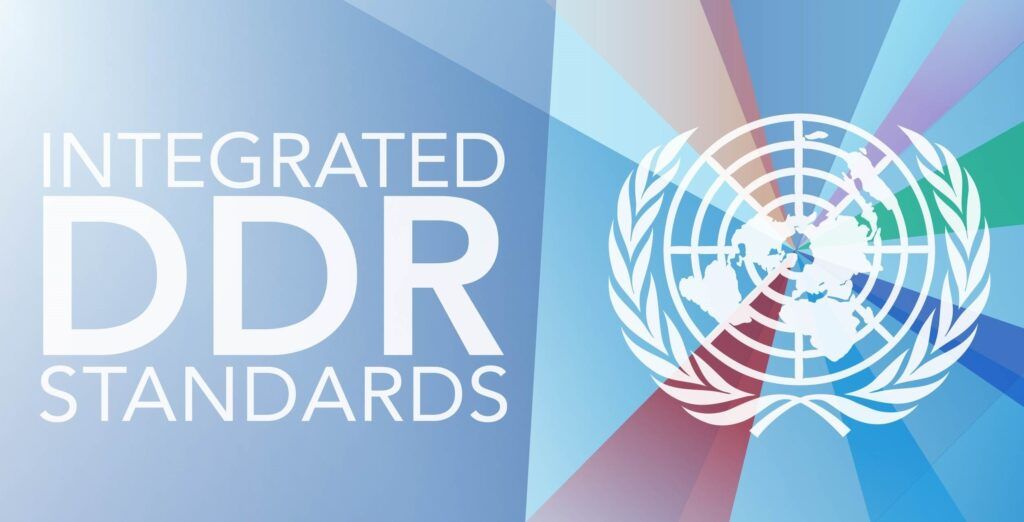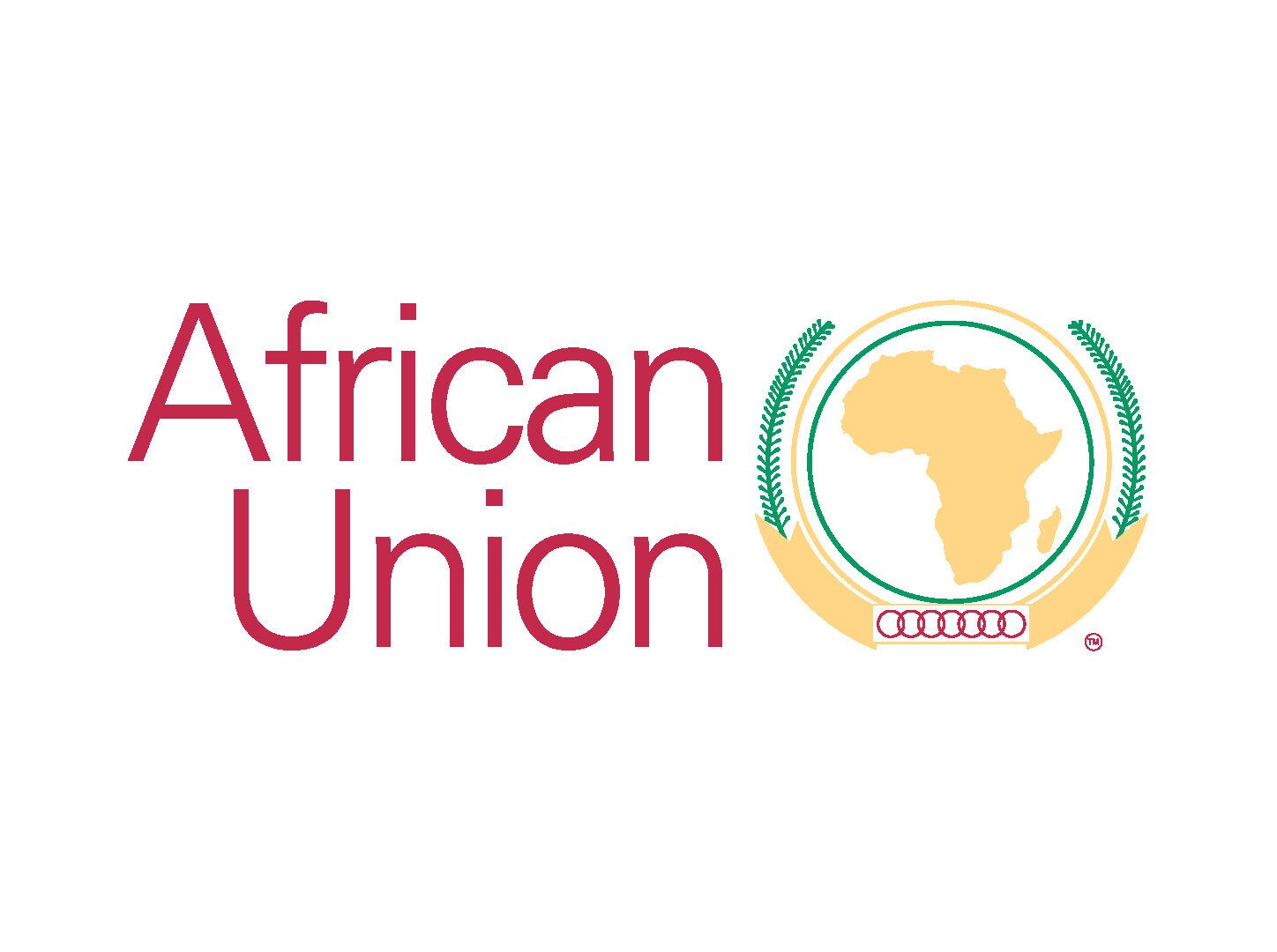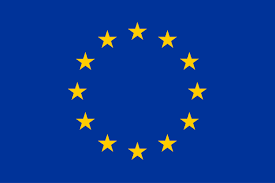The United Nations’ Integrated DDR Standards
The Integrated DDR Standards (IDDRS) have been formulated through the joint efforts of 26 UN entities, which together form the Inter-Agency Working Group on DDR (IAWG). Initially published in 2006, the IDDRS has been occasionally updated with new and revised modules. In 2017, the IAWG took the decision to undertake a comprehensive review of the IDDRS, which culminated with the launch of the revised UN Approach to DDR in 2019.
The IDDRS were originally developed to provide guidance in post-conflict contexts where DDR forms an integral part of comprehensive peace agreements, usually where peace operations have also been established and mandated to support national DDR efforts.
Following the 2017-2019 IDDRS review, the revised UN Approach to DDR provides guidance to DDR practitioners working in both mission and non-mission settings as well as for DDR efforts within and outside the framework of comprehensive peace agreements.
The revision of the IDDRS is still ongoing, and when modules of standards have been validated, they are made accessible on the UN DDR website, where you can also find more information on ongoing UN-Supported DDR Mission Settings, and the work of the UN in DDR.


The African Union’s Operational Guidance Notes on DDR
Following discussions with the Regional Economic Communities, Regional Mechanisms (RECs/RMs) the AU Peace and Security Department (PSD) through its Defense and Security Division (DSD) has developed a series of Operational Guidance Notes (OGN’s) as part of efforts to strengthen APSA capacity. The OGN’s aim to provide African stakeholders, and particularly APSTA stakeholders, with practical guidance to assist in the planning and implementation of individual DDR programs including those providing support and training to PSO.
It is also hoped that the OGNs will be useful for a wider group including colleagues in the Inter-Agency Working Group on DDR and the Integrated DDR Training Group (IDDRTG). While drawing from experiences in Africa and catering to the specific needs of stakeholders on the continent, they are also compliant with international best practice and complementary to existing DDR frameworks including the UN Integrated Disarmament, Demobilisation and Reintegration Standards (IDDRS). For more information, kindly visit the African Union’s Compendium and Information Repository on DDR Experiences in Africa.
The European Union DDR Policy
Against the backdrop of the changing nature of contemporary conflicts and the conceptual developments within the DDR field, the EU began the revision of the current DDR policy in 2021. This was a joint initiative between the European External Action Service (EEAS) and the European Commission’s Directorates-General for International Partnerships (INTPA) and Neighbourhood and Enlargement Negotiations (NEAR).
The revised policy, in the shape of a Joint Communication between the EEAS and the Commission to the European Parliament and the Council, was a policy initiative under the European Commission’s work plan for 2021 and was released in the last quarter of 2021. For more information, kindly have a look at this press release from the European Commission, where you will also find the EU Policy to support Disarmament, Demobilisation and Reintegration of former combatants.


Photo: Folke Bernadotte Academy
Additional resources
A part from the above-mentioned policy documents, there are a wealth of additional resources to tap into when working on DDR or related issues. Below, you will find links to some examples of websites that have compiled a number of reports and materials on DDR: